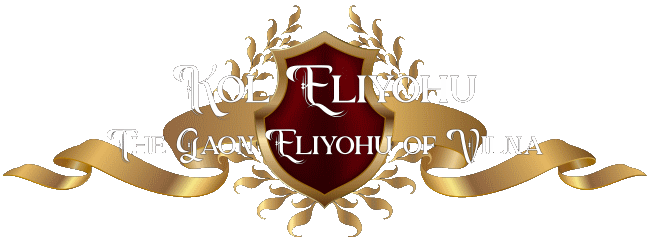

(21:18) The well dug by the princes, hewn by the nobles of the people, with the scepter, with their staffs. And from the wilderness to Matanah, and from Matanah to Nachliel, and from Nachliel to Bamos.
In the gemora Nedarim 55a Rava explains that the end of our posuk “and from the wilderness to Matanah, and from Matanah to Nachliel, and from Nachliel to Bamos” means that if a person makes himself like the wilderness which is free to everybody, then the Torah is given to him as a gift, and since it is given to him as a gift he inherits it from Hashem, and since he has it as an inheritance from Hashem he ascends to greatness.
But we can explain that the beginning of the posuk also refers to Torah, because a well alludes to the Torah - like Rashi’s explanation of the posuk in Mishlei 5:15 “Drink (gathered) water from your cistern, and flowing water from your well”. And concerning the Torah it says “for in the shadow of wisdom in the shadow of money” (Koheles 7:12), and it says “it (the Torah) is a living tree for those who grasp it” (Mishlei 3:18) (meaning both those who take hold of it and learn it, and those who strengthen Torah learning by supporting it). These posukim teach us that even someone who is not able to learn Torah himself but instead supports others who are able to learn is also rewarded like the one who learns, because “in the shadow of wisdom the shadow of money” - one who dwells in the shadow of money is like one who dwells in the shadow of wisdom.
This is the allusion of our posuk: “the well dug by princes” - the teachings and secrets of the Torah which are deeply delved into by the princes of Torah and others who learn it, “כרוה by the nobles of the people” - the Torah which is acquired with the money of the wealthy who are completely involved in business (the word כרוה can mean acquired like in the posuk “in my grave which I acquired (כריתי)” (Bereishis 50:5)), “with the scepter, with their staffs” - both of these groups have a portion in the Torah: these who with the scepter of authority determine the laws of the Torah, and these with their staffs, with their support of Torah learning.